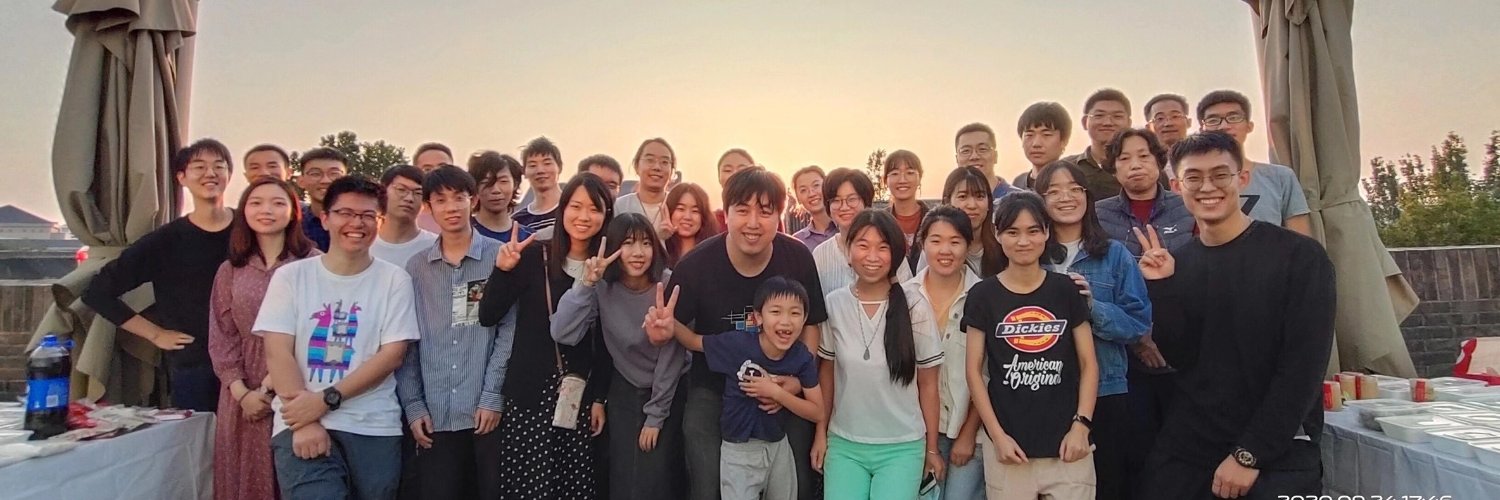
Yulong Li Lab
@yulonglilab
Yulong Li: PKU (BS, Beijing) - Duke Univ. (PhD, Durham) - Stanford Univ. (Postdoc, Palo Alto) - PKU (Prof. , Beijing)
Happy to be part of it and I will share latest progress in developing multicolor neuromodulator sensors for in vivo detection.
Today’s #EDRC2025 keynote speaker is Yulong Li from Peking University. His laboratory is renowned for its significant contributions to the development of fluorescent sensors for various neurotransmitters and neuropeptides used in a range of model organisms, including #Drosophila
🧠Imagine watching brain chemicals "talk" to each other in real-time! #PKU's @yulonglilab and collaborators just achieved this breakthrough with HaloDA1.0, a genetically encoded far-red dopamine sensor. Published in @ScienceMagazine: science.org/doi/10.1126/sc… #PKUResearch
We independently have similar descriptions. 😀
My new self-description: branch-lowering. Better than toolmaking, something I never really liked. "One of the deep problems we have in science is that we reward the people who pick the fruit rather than the ones who lower the branches."
Please apply!
Enrollment Now Open! #CSHA 3rd Annual Summer Course on Modern Techniques in #Neuroscience: #Probes, Detections and Discoveries-organized by Yulong Li @yulonglilab & Tianyi Mao. Apply today at csh-asia.org/?content/2689. We are waiting for you in Suzhou China.
Honored to speak at Tsien@80—a beautiful reminder that mentorship, curiosity, and generosity leave the deepest legacy. Thank you, Dick Tsien, for welcoming me into your scientific family. Happy 80th! 🎉 #DickTsien80
Join the "Genetically-Encoded and Chemigenetic Tools for Analysis and Control of Biological Systems" symposium at #ChemPacific2025! Explore cutting-edge tools alongside other world-class science in Hawaii. 🏝️ Pacifichem.org

Avoid or ignore? How the Brain Copes with a Potential Threat @naoshigeuchida @yulonglilab @malcgcamp @NatureNeuro @harvardbrainsci @Harvard @DulacLab @VMurthyLab @RachelleGaudet @Harvard mcb.harvard.edu/department/new…
I am happy to share my latest (NIH funded) work, out in @CurrentBiology! We show that task demands define the correlations between accumbal dopamine and acetylcholine, in a pattern that supports a tripartite coincidence model of striatal plasticity. sciencedirect.com/science/articl…